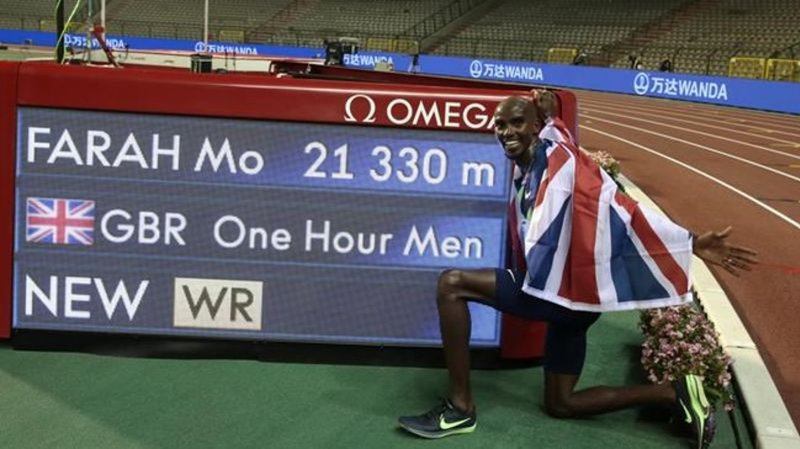
Mo Farah’s story draws horror, understanding in Somalia
MOGADISHU, Somalia (AP) — Many Somalis are reacting with horror — and a sense of understanding — at British runner Mo Farah’s tale of being trafficked to Britain as a child and forced to look after other children.
Olympic champion Farah was born in present-day Somaliland, a territory by the Gulf of Aden that has asserted independence from the Horn of Africa nation of Somalia. In a BBC documentary aired earlier this week Farah revealed how as a boy of 8 or 9 he was separated from his family and trafficked from neighboring Djibouti to the UK under a new name under which he eventually ran for glory.
Here, in the Somali capital Mogadishu, those who have heard of Farah’s account express sadness for what he went through as a child forced to work in servitude. But they also point out that he was not alone in facing exploitation.
Conflict, climate change and economic collapse are displacing record numbers of people around the world, pushing more and more migrants into the hands of criminals who profit by smuggling them into Britain, the European Union and the U.S.
